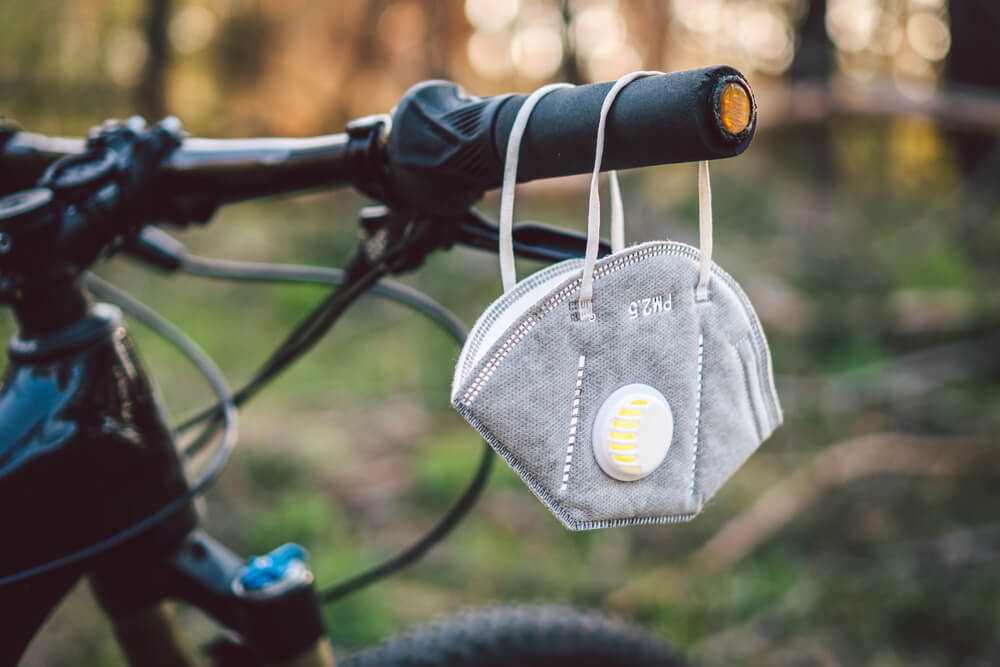The pandemic revolution of the bicycle market – Sustainable choices
Picking up Ursula von der Leyen’s words, president of the European Commission, for Europe the “Green Deal” is “our human moment on the moon”. On top of it she added: “I am convinced that the old growth model based on fossil fuels and pollution is out of time and out of the world”.
A study by the National Observatory on sustainable lifestyle in 2018 shows that Italians are committed more and more on sustainable options. Almost 20% are compared to 8% registered the previous year. The worry for smog had an even greater impact (86%) than the escalation of terrorism (79%). A green wave was shaking Europe until the end of 2019 when the COVID-19 emergency happened in January 2020. Entire nations have experienced a lockdown of at least 8 weeks, with movement restrictions, closure of businesses and forced confinement.
The behavioural and environmental shock
People have been suddenly thrown into an atmosphere of uncertainty, confusion, and stress. All certainties seem to have disappeared. The feelings of a representative sample of the population interviewed last April are below listed:
- 22% sadness
- 21% anxiety
- 12% fear
- 12% distress
- 11% loss
- 9% anger
- 4% disgust
It is an emotional shock able to bring up changes in our habits, in our means of acting and in our perception of the world around us. Everywhere during lockdown times, nature has taken back spaces previously occupied by men. Outside spaces were simply left empty as men were closed at home. We immediately saw improvements related to the decrease in human activity. One above all was highlighted by the almost total decrease in traffic, the air pollution detected by satellites was gone. It was not an unexpected and surprising result, but “logically” an expected one. Yet, for the first time, we experienced at first hand that our actions and our behaviours are indeed key for our future.
Movements social distance and sustainability
These three concepts have therefore enwoven together and developed into a collective state of mind. The need is now to return to movements by respecting the security measures in a pleasantly recovered cleaner environment. The question is “how to make short trips without physical contacts, quickly and through a sustainable way”?
The answer is simple: CYCLING.
In fact, institutions have picked up this opportunity straight away by recommending it rather than the use of public transport. In many countries, numerous considerations and initiatives have been launched:
- France: the store “Mondovelo” (chain specialized in bicycles) reports an increase of 200% in turnover. The government considers offering repair and purchase bonuses for electric bikes.
- Italy: the government offers bonuses for the purchase of normal and electric bicycles.
- United Kingdom: Boris Johnson promised to put Great Britain on a bike by investing 250 millions of pounds in this respect.
- Germany: the authoritative Der Spiegel recommends cycling rather than public transport, as it guarantees social distance and it reduces the probability of infection.
- Denmark: the government requests to avoid public transport by all means for short distances and thus to go on foot and by bicycle.
- Holland: the official social distance is 1.5 meters, which is the same recommended worldwide figure for overtaking bicycles.
The current dynamic seems to be well illustrated by a thirty five years old movie, whose name was “Back to the future“.
Translated by Francoise Romani


